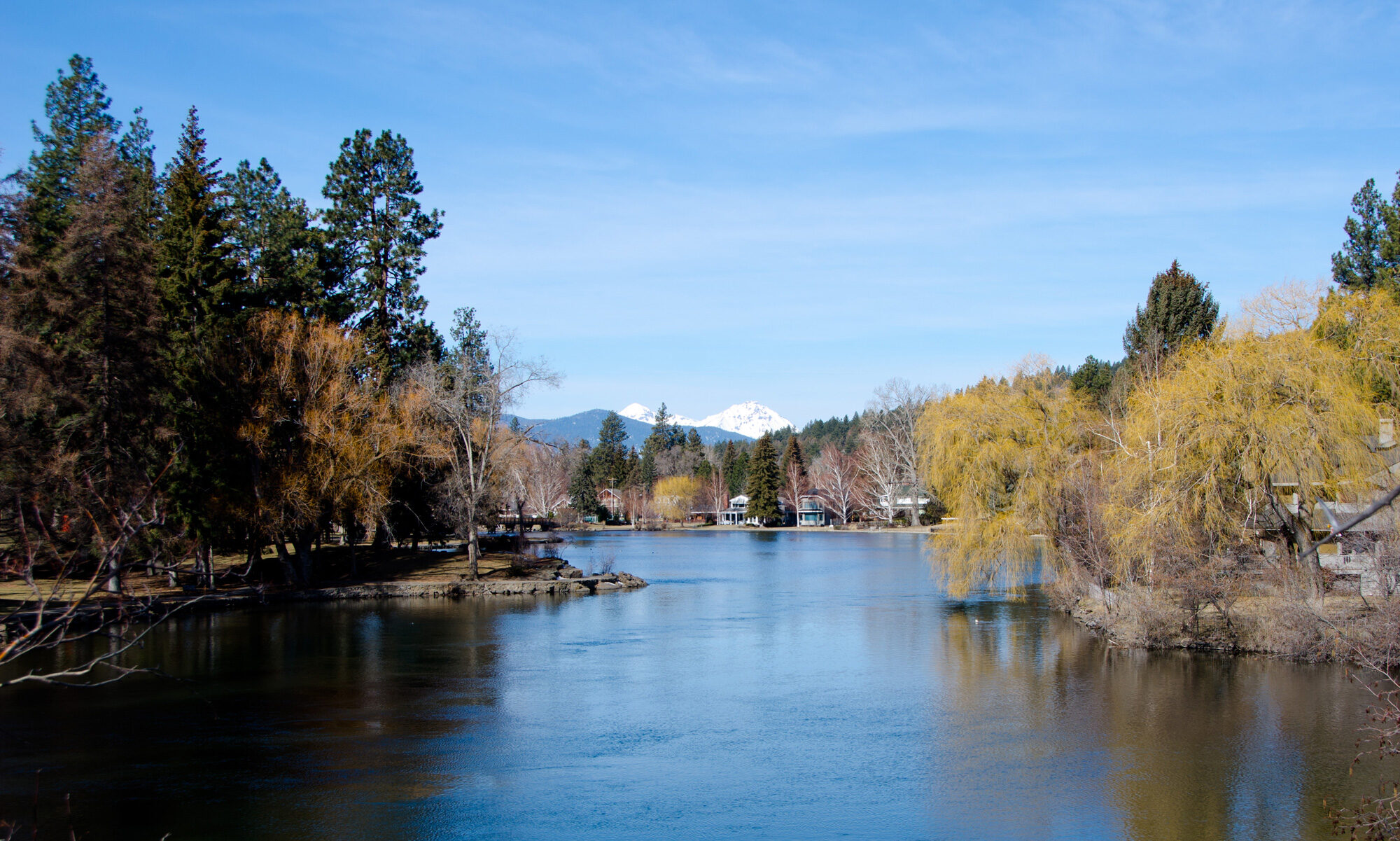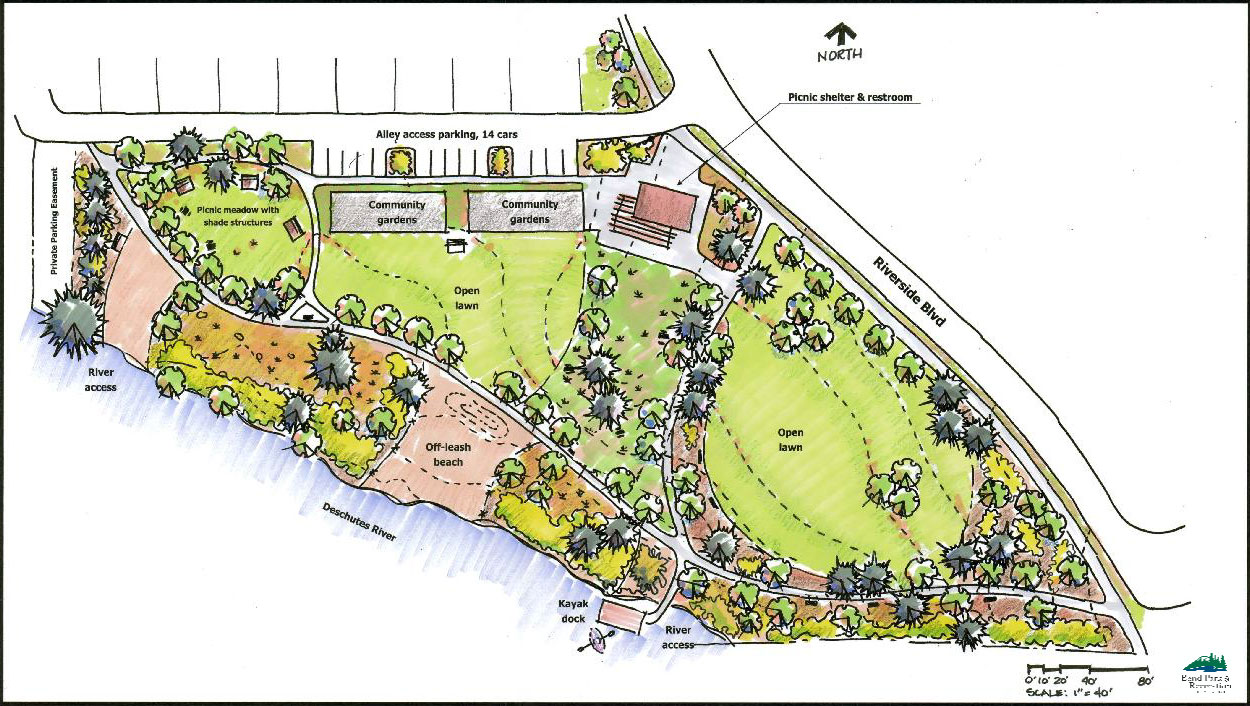Momentum is swinging toward putting a bond before voters in November to fund the dredging of Bend’s Mirror Pond.
Friday, members of the Mirror Pond Management Board met to consider options for cleaning the pond, which has been filling with sediment since it was last dredged 28 years ago. Until recently, the board had been leaning toward commissioning a study to determine how to address the sedimentation problem, and possibly creating a special taxing district that could provide a long-term funding stream for upkeep of the pond.
After Friday’s meeting, the board is now moving in the direction of a dredge-first, ask-questions-later approach.
Dredging will inevitably be part of cleaning up Mirror Pond, members indicated, and the public is unlikely to be willing to foot the bill for further study.
“I don’t see the public supporting a study — just a study alone,” said board member and Bend City Councilor Tom Greene. “They want results.”
A steering committee assembled by the board concluded that dredging should come before an extensive study. A comprehensive study would cost about $500,000, and none of the organizations represented on the board — including the city, Bend Park & Recreation District, Pacific Power and Bill Smith Properties — are willing to provide the funding.
Parks District director Don Horton said it’s not clear how much public support there is for a bond or a taxing district. To find out, the park district will include questions about the project on a soon-to-be-conducted survey of residents.
In the meantime, Bend community development director Mel Oberst will be directing his staff to develop better estimates of the cost of dredging, and to research the extent of federal and state permitting that would be required.
Current cost estimates for dredging the pond are between $2 million and $5 million. The last dredging in 1984 was performed for $312,000.
Not all members of the board are committed to the new direction. Ryan Houston, executive director of the Upper Deschutes Watershed Council, cautioned that board members could be “shooting ourselves in the foot” by proceeding with dredging ahead of a thorough study. A dredging that fails to take into account how water moves through the area could result in the pond silting up soon after the work is completed, he said, requiring additional costly measures.
Unless measures are taken to remove the silt from the pond, it is believed the river will eventually recede to a narrow channel lined by swampy shallows on either side. Horton said the area just upstream of the Colorado Avenue bridge, an area that was once routinely dredged when it served as a log storage pond, is a good model of what an unaltered Mirror Pond might look like in 50 years.
Source: The Bulletin

